Impact for the First Half of Fiscal Year 2020
We are thrilled to report that World Vision’s Global Water, Sanitation, and Hygiene (WASH) Program has had tremendous impact during the first half of fiscal year 2020 (FY20) (see full report). We reached 1,995,985 people with clean water from October 2019 to March 2020! This total includes 920,986 people reached with sustainable water systems in communities (119% of target) as well as 45,670 people reached through municipal water supply systems, and 1,029,329 people reached with emergency drinking water supplies, mostly in Syria. We provided 8,324 new and rehabilitated water points during this period and to ensure sustainability of the water points, 2,091 water committees were formed or reactivated with a mechanism to collect fees for ongoing maintenance and repair. We also reached 952,000 people with improved latrines (127% of target), and 1.9 million people with hygiene education (128% of target). Having reached 17 million people in communities with clean water to date, we remain on track to reach 20 million people between 2016 and 2020. We also are on track to reach everyone, everywhere we work—about 50 million people—by 2030.
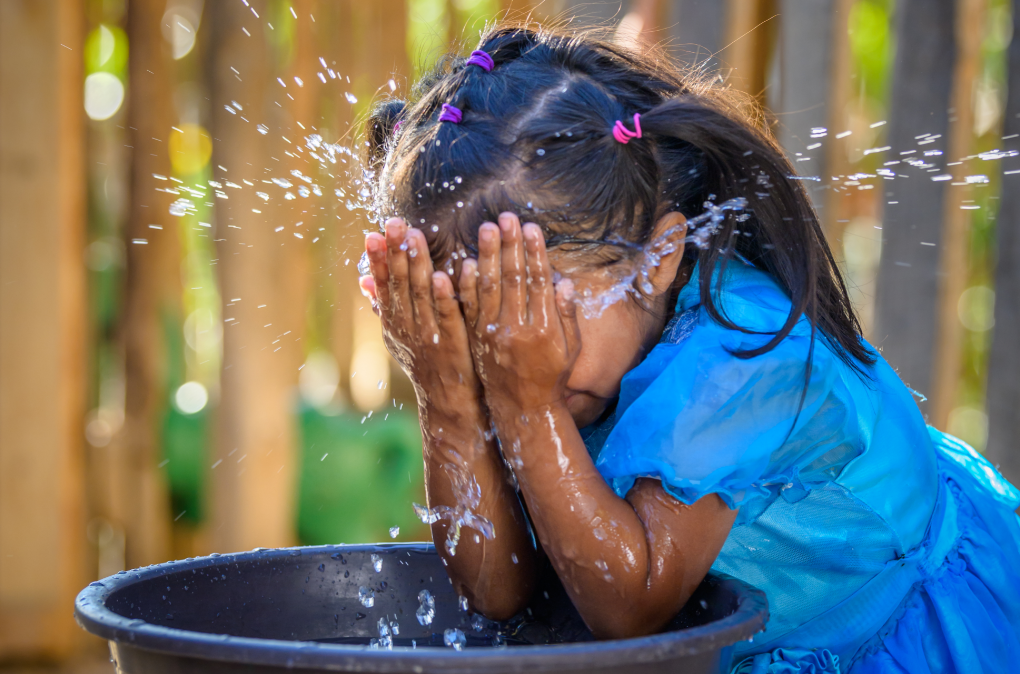
As evidence of the excellent results this first half of the fiscal, we were above 100% of our global WASH targets in 23 of the 27 areas where we measure impact. The four indicators that were below 100% (53-99% of target) were all in the area of impact in schools which were impacted due to closures from COVID-19.
Gender, and particularly the inclusion of women in WASH programming, is a critical component of our work. Lack of access to clean water, sanitation, and hygiene disproportionally affects women and girls, and implementing gender-sensitive WASH programs can greatly improve quality of life.
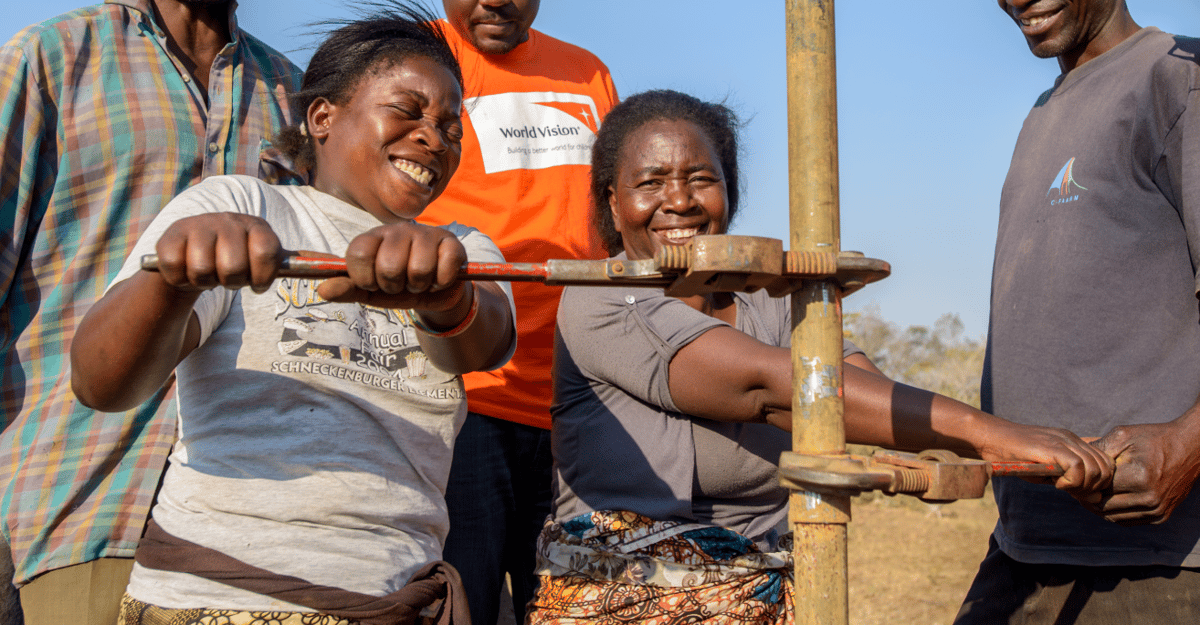
We are not only measuring access to WASH as an indicator of gender equity, but are also now beginning to assess well-being impacts and working to influence social norms and traditions to ensure a more equitable society. One way we are helping address gender equity within World Vision is by encouraging 50% female participation in World Vision’s capacity-building programs with Drexel University and Desert Research Institute. We also are aiming to identify and promote women into key leadership roles in national and regional office WASH teams. A key success in this area is the recent appointment of Pauline Okumu as our Global WASH Operations Director.
We continued providing more solar-powered mechanized water systems with multiple water collection points (rather than hand pumps) because they increase sustainability, reduce collection time, and reduce water contamination during transport. A Stanford University led case study in Zambia examined the potential gains from mechanized systems versus hand pumps, with preliminary results showing that time spent collecting water decreased by 3.8 hours per week, consumption of water increased by 32%, fee collection increased from 11% to 80%, people were four times more likely to have a garden, and the gardens were 140% larger. We will continue this focus on solar-powered mechanized systems including through our partnership with Grundfos.
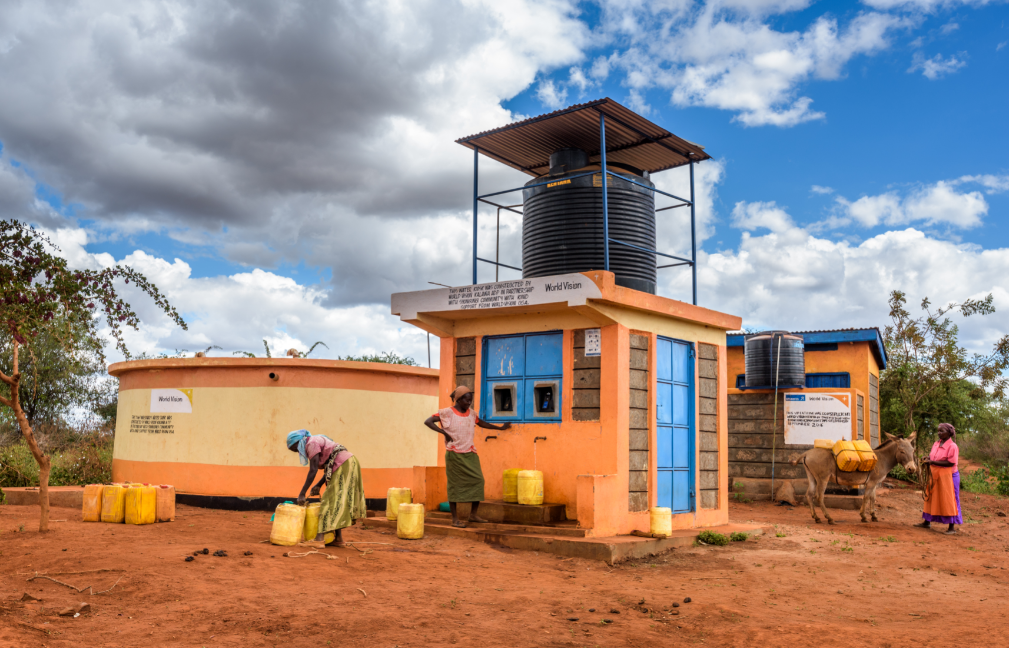
In order to ensure water quality at the household level, we reached 187,942 households with water treatment products, including providing 6 million water purification packets through our partnership with Procter & Gamble (P&G).
The COVID-19 pandemic hit towards the end of this reporting period, and resulted in a few countries not reaching their mid-year targets including Honduras, Rwanda, and Tanzania. The work in these countries has restarted now and we expect to remain on track for the fiscal year. Fortunately, our water provision work continued in most countries as an essential service, and we pivoted our behavior-change efforts by working with local faith leaders and community health workers, using radio, and rapidly incorporating education on how to prevent the spread of COVID-19.
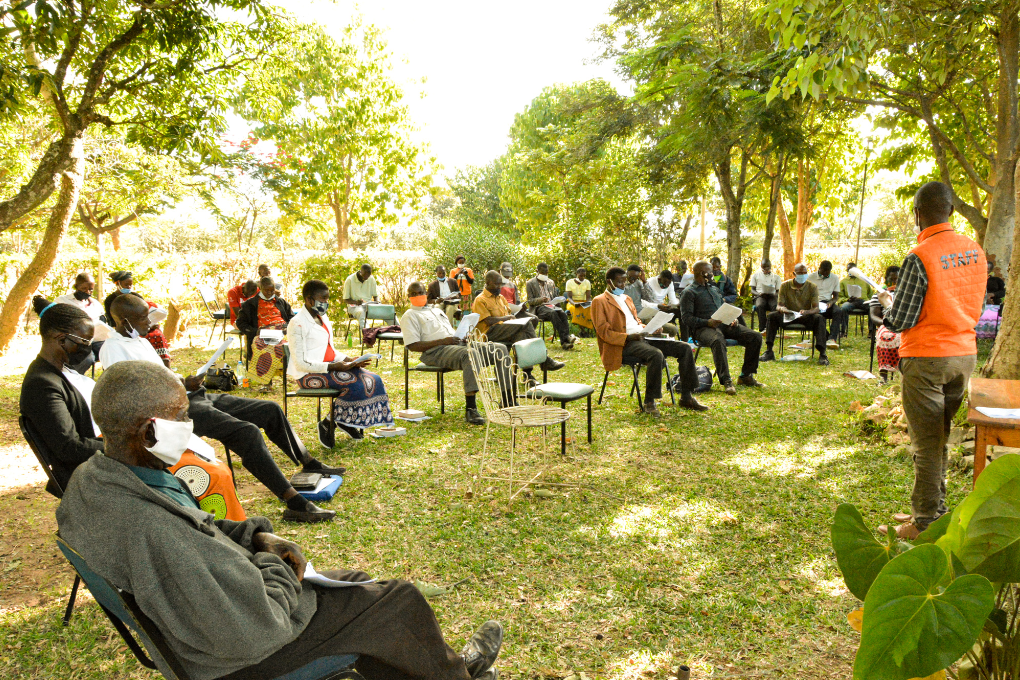
Importantly, because of our supporters’ investments to build World Vision into a world-class WASH organization, we are uniquely equipped to help reduce the spread of COVID-19, particularly through our ongoing work promoting hand-washing. Just like with water provision, we reach one new person with hand-washing education every 10 seconds. There were also some silver linings due to the pandemic, including in Rwanda, where World Vision is providing hand-washing supplies to schools and health centers and building permanent hand-washing facilities in hospitals; in Somalia, where we are raising awareness through radio and text messages; and in Uganda, where we are working with soap producers to reach health care facilities with supplies.
Prior to the pandemic, our work with the Water Institute at the University of North Carolina showed that only half of the healthcare facilities where we work have clean water on premises and 84% lack basic hand-washing facilities. This is why World Vision committed to reach 800 rural healthcare facilities with clean water on premises between 2019 and 2021, serving an estimated 7.2 million people. This work provides comprehensive WASH including water on premises, hand-washing stations in every area where patients are seen, training of healthcare workers on infection prevention and control, and mobilizing community health workers to spread messages on healthy behaviors to prevent the spread of disease. By the end of this reporting period, we have achieved 84% of our target, reaching 672 healthcare facilities. This work is even more critical during the pandemic in order to protect front-line healthcare workers and their patients. For example, during the Ebola outbreak in West Africa, healthcare workers were 100-fold more likely to die. We also know that 7 out of 10 healthcare workers are female and so the lack of adequate hygiene and water in healthcare facilities will have a disproportionate impact on women. In order to ramp-up this work, we have created a new offer on WASH in healthcare facilities in order to help protect more healthcare workers and their patients (LINK).
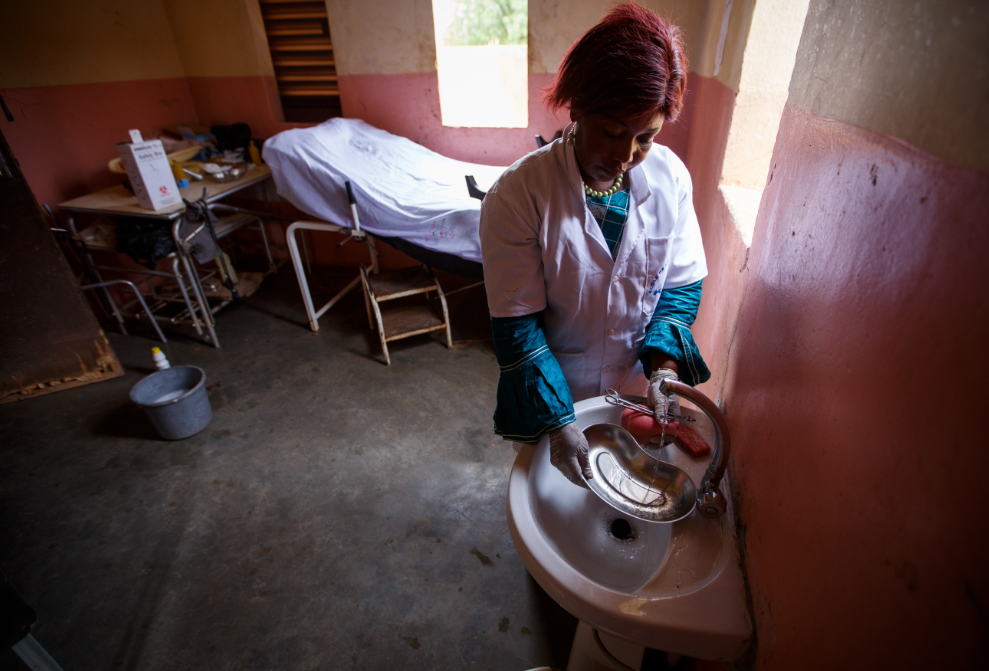
We are thankful to our donors for being part of this journey with us.Together, we are transforming millions of lives.
|